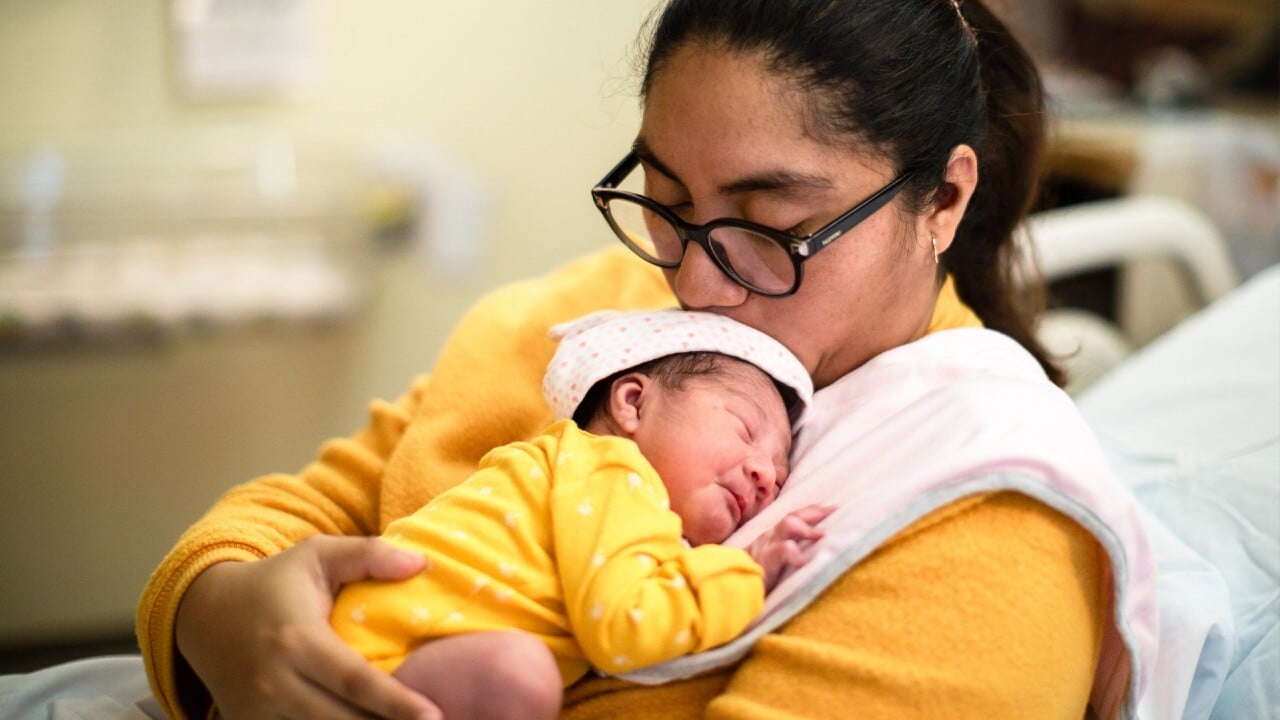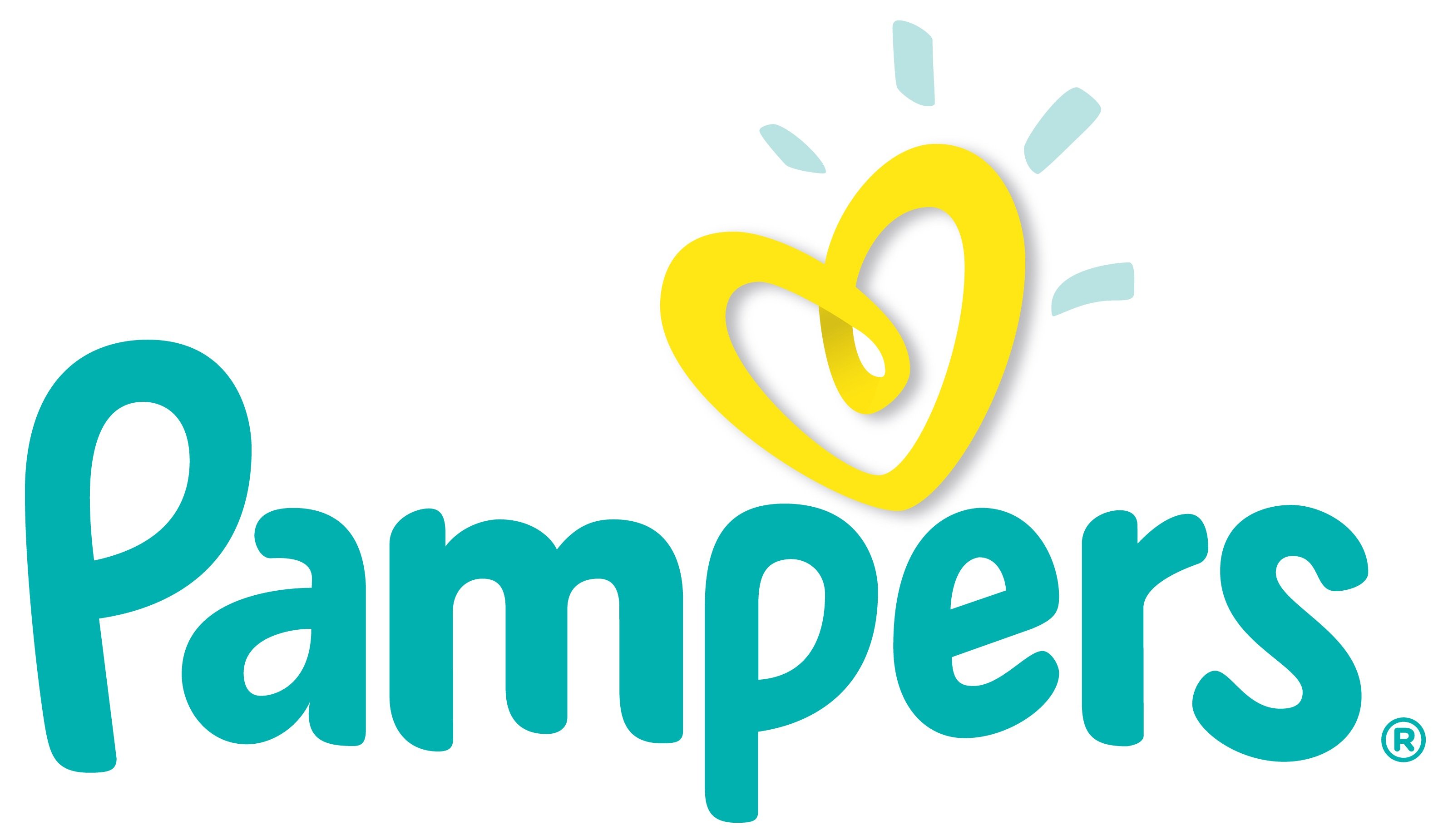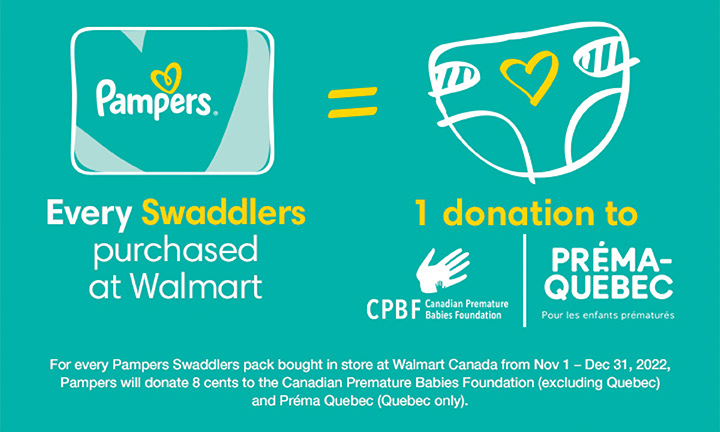
Created for 
Most parents aren’t expecting their newborn to come early or to be admitted to a neonatal intensive care unit (NICU) and when it does happen, “parents are very frightened,” says Jeanette Doherty, a social worker who specializes in the NICU at St. Michael’s Hospital in Toronto. “They’re processing a huge amount of information at once, and they also have a lot of practical needs in the background.”
That’s where friends and family come in. There are plenty of ways to make having a preemie a little bit easier on new parents.
1. Bring food, food and more food
The birthing parent will likely be spending long days in the NICU, and like anyone recovering from birth, they will be hungry. Hospital cafeterias can get old (and expensive) pretty fast, so organize a meal train with others in their community. Bring frozen pre-prepared meals to heat up at the hospital (most have microwaves), packed lunches, healthy snacks like fruit (which can be pricey and hard to come by at some hospitals), and of course some of her favourite treats. If they’re breastfeeding, chestfeeding or pumping, bake up a batch of lactation cookies or muffins. And don’t forget about their partner or family. If they have other kids at home, feed them too. After spending a long day at the hospital, cooking is the last thing that preemie parents will want to do.
2. Offer a ride
“Rides to the hospital were the best—it took away the worry of getting there or getting home,” says one NICU veteran, a mom of twins who had to spend several weeks in the hospital. Depending on where the hospital is located, they may need help with transit getting back and forth. Driving your friend provides a time for you both to catch up and they don’t have to get behind the wheel in a sleep-deprived state. You can also offer to buy her a gift card for Uber or a local taxi service.
3. Deliver diapers
Most new parents go into nesting mode before baby comes, stocking up on essentials like diapers, but if labour starts early, they may not be prepared yet and even if they are, the diapers they have will likely be too big. Buy special diapers specifically for preemies and deliver them so they’re at home when the baby goes home (the hospital will provide diapers for preemies in the NICU). Pampers Swaddlers fit babies as small as one pound, have a contour-fit core that adjusts to the hip width of growing preemies, and a notch in the front to make room for the umbilical cord. Plus, they’re made to be extra soft to protect preemie babies’ sensitive skin.
4. Make a care package
Hospital stays can be lonely, exhausting and even boring. A goodie-filled care package can make hospital life more hospitable. Doherty recommends packing it with treats (all the snacks!), a water bottle (to combat dry hospital air), face wipes, a blanket, books, magazines, a travel phone charger, a pillow, and an eye mask. Include a journal and a pen as well. “Journals have been shown to be very useful to help [parents] cope with what’s happening,” says Doherty. “Some people write letters to their babies.” A journal is also a great way to track the baby’s progress and procedures.
5. It takes a village
Life outside the hospital goes on, and parents with other kids will need as much help as they can get. Offer to take the kids on playdates, drop them off or pick them up at school (making sure you’re on an approved pickup list) or take them to and from their activities. It’s likely a stressful time for these kiddos as well, so offering them emotional support is key. Even delivering little care packages for the kids can be nice while a parent is away.
6. Help out at home
Organize to have someone clean their house, do their laundry, or walk their dog. If the baby arrived very early, offer to go over and put together a crib or finish setting up the nursery, so they don’t have to do those time-consuming chores when they arrive home.
7. Celebrate the baby
“Parents do like small gifts for their baby—they often don’t get any, as people don’t know what to do,” explains Doherty. You can shop for specialty items like preemie-safe stuffies and NICU crib cards, or even just books to read to the baby. Most preemie parents recommend against gifting baby clothes, because depending on what treatment is necessary, the baby may not be wearing any clothing at all. But if you do want to pick out something cozy, keep in mind that outfits with buttons and snaps accommodate monitors and wires better than zip-up clothing does.
8. Offer emotional support
Sometimes, friends and family who aren’t sure of what to say end up saying nothing, which can make parents feel lonely. Moms with babies in the NICU are at a higher risk for postpartum depression, says Doherty. She recommends offering an ear and kind words, but to be aware of your language. Avoid comparing babies in any way, says Doherty. It’s also worth asking new parents if they’d like to designate one friend or family member to field questions and provide updates on their behalf. “We try and reinforce that the mom’s well-being is really important—they need to be careful they’re not running themselves into the ground and spending the whole time on the phone to other people,” explains Doherty.
9. Keep up the momentum
“People don’t stop needing support after the first couple of weeks,” says Doherty. Families can spend days, weeks or even months in the hospital with a premature baby. “As it goes on, it actually gets more difficult for parents, because one partner has to return to work and the other kids in the family still need to get back to their routine,” says Doherty. The new-parent adrenaline may have run out by then, and they might need help now more than ever, as they slowly recover from birth, navigates nursing or pumping (if that’s an option), and continues to care for the new baby. Stay in touch with their friends and family and be there for them, for as long as they needs.
10. Give what you can
Having a NICU baby is not only exhausting and stressful, but it’s also expensive. Hospital parking is often very pricey, as is eating out constantly. Diapers are always appreciated and are always needed. Offer to pay for gas or parking (you could pool your money from friends), buy them gift cards for restaurants or coffee shops in or near the hospital, send them a meal delivery service credit, or buy them a gift card for a food delivery service so they can have things delivered and mix it up a bit. You can also offer to pay their phone bills or top up their data plans (there’s usually a lot of texting, calling and social media updates to keep everyone looped in).
11. Offer, but don’t expect, to visit
Doherty says that many of the moms she works with seem to look forward to visitors as a way to break up the long days. Offer to meet your friend for a coffee at the hospital. “But I would never ask to see the baby,” she adds. Do not show up unannounced—most babies (and moms) are on a strict schedule of feeding, changing and pumping, so keep that in mind if you want to visit. Your friend probably does want to see you, but timing is tricky. Never visit if you are at all sick, as newborns and preemies are vulnerable to viruses. (Don’t bring your germy preschooler to the hospital, either.)
The post 10+ ways to support a friend with a preemie appeared first on Today’s Parent.

 PARENTING TIPS
PARENTING TIPS PREGNANCY
PREGNANCY BABY CARE
BABY CARE TODDLERS
TODDLERS TEENS
TEENS HEALTH CARE
HEALTH CARE ACTIVITIES & CRAFTS
ACTIVITIES & CRAFTS

